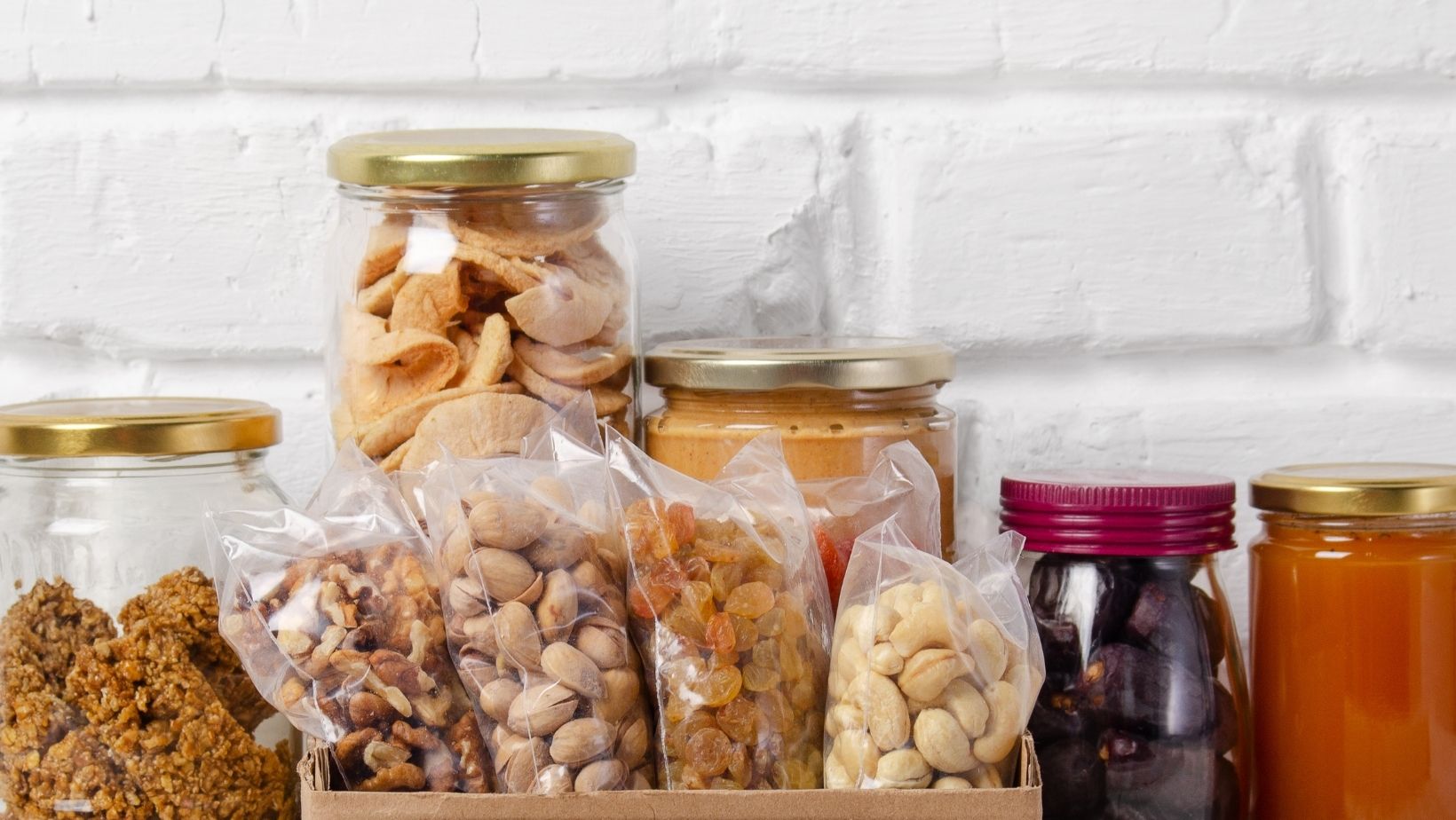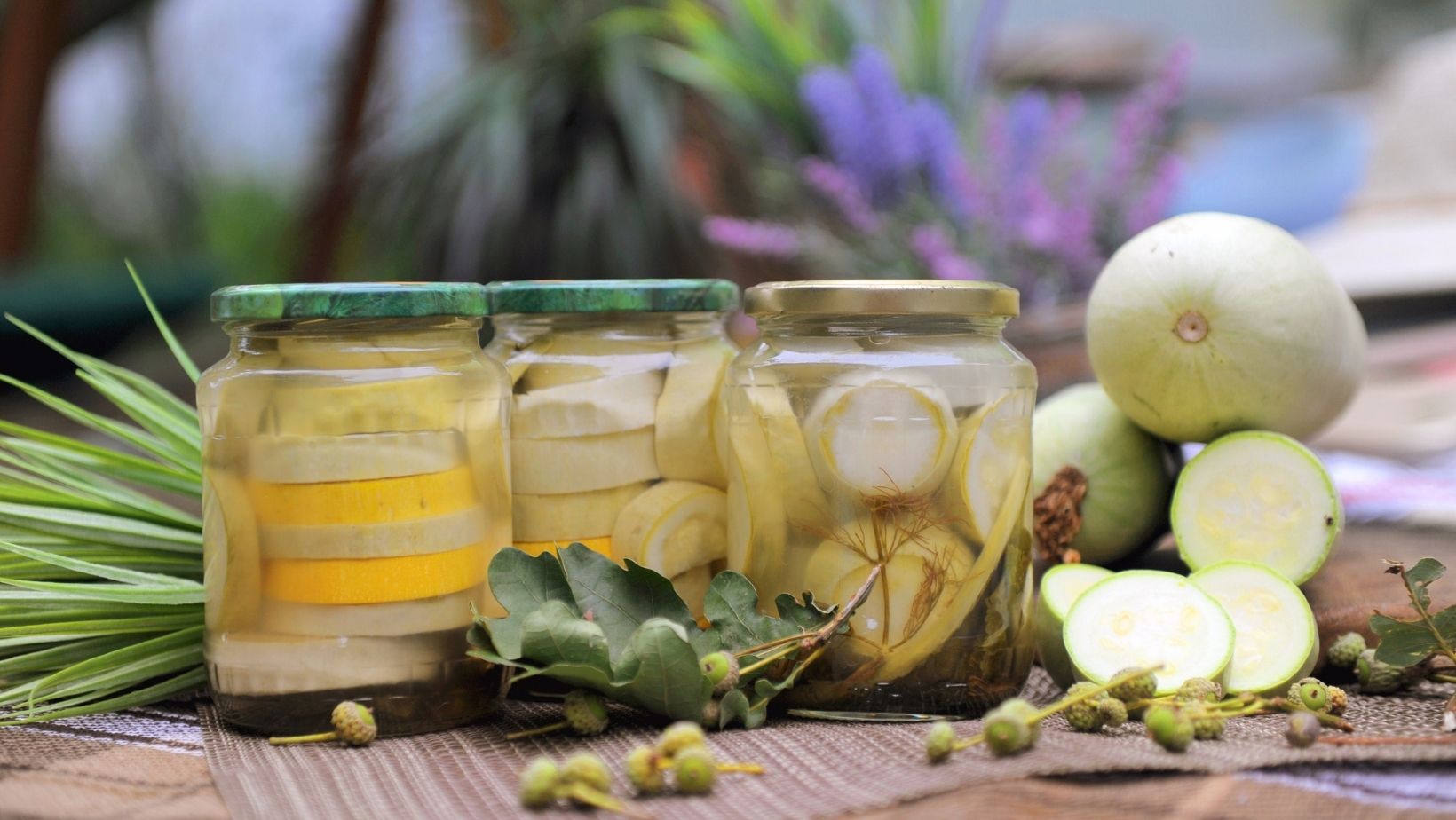10 Tips for Smart Long Term Food Storage

It always pays to be prepared in advance for the adversities of life, and that is why it becomes imperative to have a plan for long-term food storage. Today we are going to share a few tips which are going to guarantee that the food items retain their top-notch quality and nutritional value over time:

- According to food experts at nomspedia.com, food items tend to spoil faster in warm temperatures. This is why it becomes imperative to store the items in cool environments. 40-70 °F is considered the perfect temperature range for storing non-frozen and non-refrigerated food.
- Moist food serves as the breeding ground for mould and bacteria. This is why you should keep the food dry by storing it in non-humid places. The packaging of food items is adversely affected by humidity which causes metal store cases to rust and paper boxes to degrade. You can retain the quality of food items by preventing their storage in humid or moist places like over the stove or under the sink.
- Light exposure is infamous for deteriorating the quality of food and packaging. You can keep things fresh and nutritionally sound by storing food in dark environments. If you don’t have a separate pantry in your house, then you can try storing food in metal containers which help prevent light exposure.
- The ‘First, in first out’ concept should be followed if you wish to make the most out of long-term food storage. Older food items should be stored in the front so that you can use them before the newer items. Following this technique will help in enjoying the food items while they are at peak quality and in a timely fashion.
- Storing food on the floor makes it vulnerable to the attack of pests and moisture contamination. This is why you should make it a point not to store food on the floor.
- The quality of food degrades over time. The vitamin count can decrease, and its colour, flavour, and texture might be impacted. However, a quality degradation doesn’t necessarily mean that the food is unsafe for consumption. You can consume commercially canned food past its expiration date. It is necessary to ensure that the food is not bulging or leaking before consumption.
- Packaging of food items should be carefully inspected before eating. You can look for signs of moisture, pests, container damage, and mould. If you find any of these, then you should immediately discard the food.
- Though commercially canned food has a longer shelf life, it is always advisable to avail of home canning methods to preserve food. You can consume home-canned foods within 1-2 years, whereas commercially canned food can be enjoyed for longer periods, although the quality gets hampered in the process.
- We often tend to freeze canned food. Doing this can lead to foodborne illness and seam failures. You need to ensure that the storage conditions do not get too cold while keeping cans in the basement. While this holds for general food items, it is okay to freeze-dried foods.
- Emergencies can lead to scenarios where you might not have access to water or power. Thus, you should plan your food selection accordingly by including a variety of foods belonging to different food groups.

Conclusion
Food storage techniques have helped people over the centuries. Before the advent of the refrigerator, long-term food storage was the only means of retaining the freshness of meals. Currently, it has taken the shape of a fantastic means of surviving emergencies. Ideally, every family should put aside an adequate supply that can last over a few months. Initially, you can start with a goal of 3 months of food by following the tips mentioned above.


